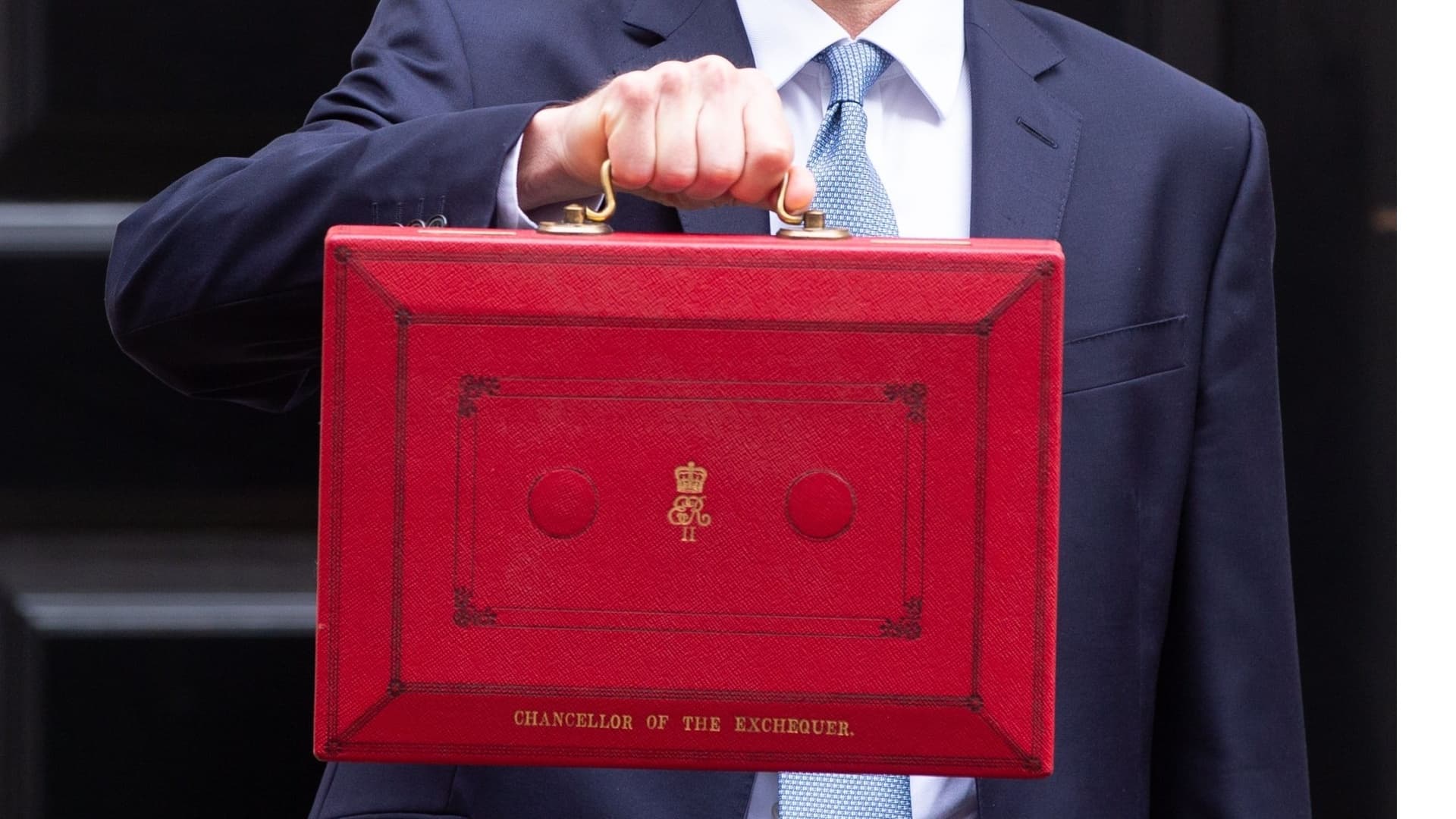
Financial Pitfalls Expats Face
Posted on: 6th September 2019 in
Expats
Whether you’re just starting out life as an expat, or a seasoned globetrotter, making sure your finances are in order should be a top priority.
After all, one of the main reasons most expats choose to work abroad is to get themselves in a better financial position.
According to official figures, nearly 785,000 British Citizens live in EU countries, excluding the UK and Ireland. British Citizens living in the UAE make up an estimated 240,000.
If you are looking to work abroad, you need to be aware of the financial pitfalls. Here are some of the most common, and how you can put yourself in the best financial position possible.
Financial pitfall 1 – Living beyond your means
This is a common one, especially for expats who have just moved overseas. Surrounded by bright lights, a different culture and sunshine can make you feel like you’re on holiday. The trouble is, you could find yourself spending like you’re on holiday, forgetting that this isn’t a two-week break in the sun.
Solution
Remember why you took that job abroad in the first place. Most of us look at expat life as a way of improving our financial health, maybe even moving back to the UK and retiring early. Enjoy your time abroad, but keep sight of your long-term financial goals.
Budgeting is crucial, and financial experts often reference the 50/30/20 rule.
The idea is to split your post-tax salary into three pots. 50% goes towards essentials, this will include your rent, household bills, and food shopping. 30% would be allocated to the things you want. This would cover eating out, day trips and holidays. The remaining 20% is what you would put into your savings.
The 50/30/20 rule is a great way to simplify your budget. If you would like to maximise your finances, it’s recommended that you speak with an expert and set up a detailed financial plan.
Financial pitfall 2 – Getting your tax situation right
With everything else you have going on, it can be easy to forget about your tax status.
Forgetting to inform HMRC that you are moving abroad can lead to you paying tax in the UK and your country of residence. You may also miss out on tax relief and will prevent you from becoming a non-UK resident. Being a non-UK resident means you avoid tax on certain types of income.
Solution
You will need to submit a
P85 form to HMRC, letting them know that you are working, or intend to work abroad.
This is especially important for expats living in the UAE, or somewhere that doesn’t have a tax agreement with the UK. Some countries will have a double taxation agreement with the UK, this means you are taxed only in your country of residence.
You should be aware that any income received within the first full UK tax year will be taxed by HMRC. Any tax advantages of working overseas will be seen on gains taken after the end of the tax year in April.
Financial pitfall 3 – Pension and National Insurance contributions
Getting paid and not being taxed or paying UK National Insurance (NI) may seem excellent, but this can affect your UK State Pension.
The new State Pension is based on your NI record. The number of years that you have paid NI is referred to as contributing years.
To qualify for a UK State Pension under this new scheme, you will need a minimum of 10 contributing years. To receive the maximum amount, you will need 35 qualifying years.
Solution
If you are working in a country that has a double taxation agreement with the UK, the years you work there can count towards your qualifying years in some cases.
For those working in a country without a UK agreement in place, voluntary contributions can be made. This can allow you to make up any NI gaps that you have. To check your NI contribution record, visit the
UK government website.
It’s normal for expats to move around to different countries for work throughout their careers. Keeping on top of your NI contributions and contributing years is advisable if you want to receive a UK State Pension.
Financial pitfall 4 – Understand local laws
Understanding the local laws is essential no matter which country you work in. This is especially true for expats in the UAE, which is ruled by Shariah Law.
Under Shariah Law, all of your assets will usually be transferred to your nearest living male relative in the event of your death.
This can result in the surviving joint owner – for example, a wife – not automatically receiving ownership of assets. Dependents could also have their visas cancelled if there is no Will in place.
Solution
Just like the UK, setting up a Will gives you peace of mind, allowing to control what happens to your assets when you’re gone.
Don’t rely on a UK Will to hold up in the UAE. Shariah Law can actually supersede a UK Will that you may have in place. That is why setting up a Will that is compliant with Shariah Law is essential.
An offshore bank account can protect your assets as they are not held in the country of residence.
Understanding local laws and their potential impact can be confusing. To set up a compliant Will, or to discuss the option of offshore banking, speak to an independent financial advisor first.
Financial pitfall 5 – Health care and insurance
As we mentioned earlier, one of the main reasons for people choosing the expat life is to put themselves in a better spot financially. Not having the right insurance in place can derail your financial plans.
You might be in the best of health now, but needing medical treatment can be extremely costly and put a dent in your finances. Not only that, should you need an extended period off work for a long-term health issue, you want to make sure you are covered financially.
The cost of health care will depend on which part of the world you are in. The UAE is renowned for its health care system, but that comes at a cost for expats.
Solution
It is advised that all expats invest in insurance.
Medical insurance, sometimes known as health insurance, will cover the costs of hospital visits and some treatments. It’s essential to check what the policy covers beforehand. Not all schemes are the same, and cover can differ depending on the provider.
Critical illness insurance offers cover for conditions that could rule you out of work for an extended period or indefinitely. This type of policy shouldn’t be confused with life insurance, although they are sometimes sold together.
UK insurance policies may not provide cover abroad, so it’s advised that you check your policy details.
With so many products on the market, finding the right insurance can be tricky. To speak to an expert about expat insurance, or any of the topics mentioned here, contact us using the form below. That way you can avoid some of the common pitfalls, and make the most of your expat experience.

















